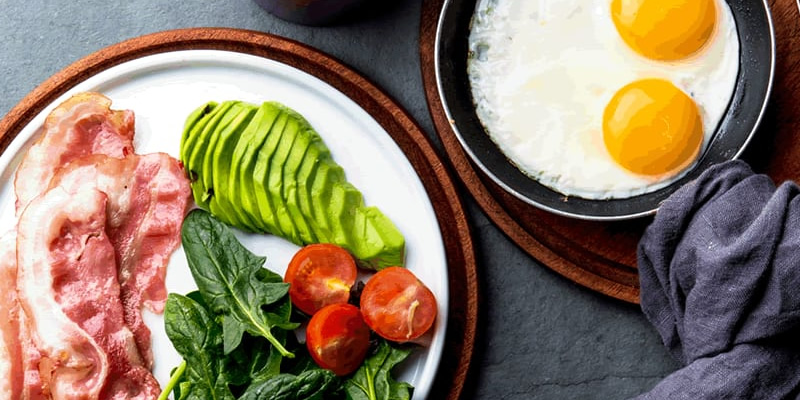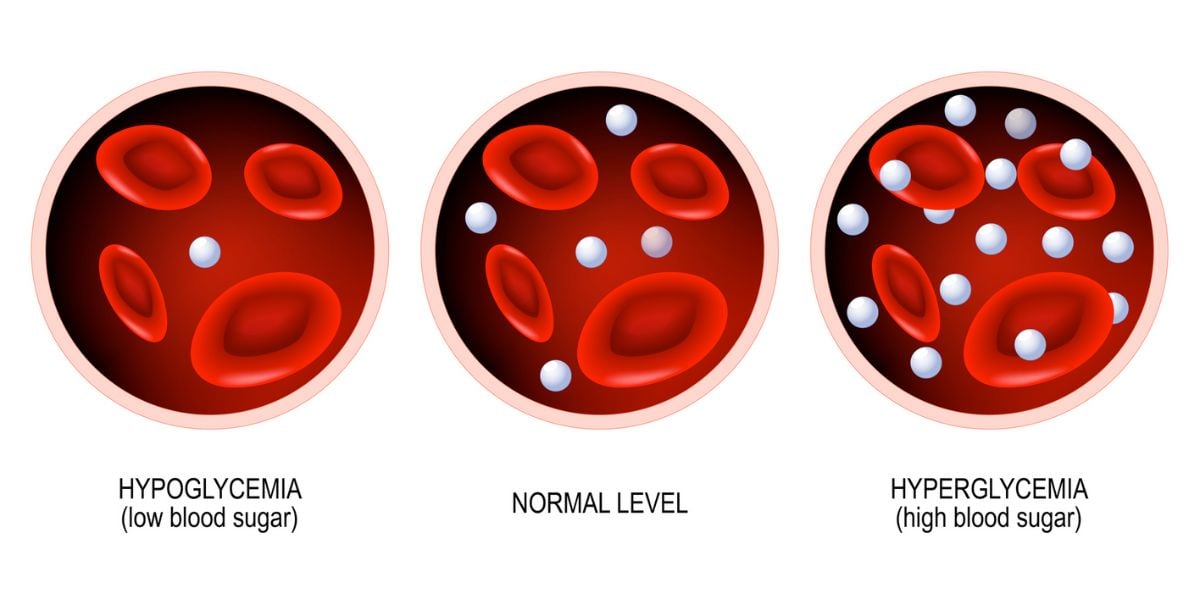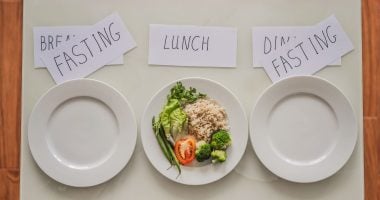Carb counting is a way of better understanding how carbohydrates affect your blood sugar, medication requirement and insulin requirement.
For people with type 1 diabetes and those with type 2 diabetes who require insulin, carbohydrate counting is a way of matching insulin requirements with the amount of carbohydrate that you eat or drink.
For people with type 2 diabetes who don’t require insulin, carbohydrate counting is a way of regulating the amount of carbohydrate you consume and monitoring how this affects your blood glucose control, weight management and medication intake.
Carbohydrate counting requires patience and diligence. Learning it successfully means understanding carbohydrates, learning how to adjust your insulin or medication accordingly, and measure your blood glucose levels regularly for clarity.
What are carbohydrates?
Every carbohydrate we eat is converted into glucose and has an impact on blood sugar levels.
Carbohydrates are commonly found within the following foods:
- Grains (breads, pasta, cereals)
- Fruits
- Vegetables
- Root crops (potatoes, sweet potatoes, and yams)
- Most alcoholic drinks ( Beer, cider, lager, most cocktails)
- Desserts and sweets
- Most dairy products, except cheese,
- Sugars including sucrose, fructose, dextrose, maltose
How should I count carbohydrates?
Most people count carbohydrates using grams, with one serving equal to 15 grams of carbohydrate.
Most foods are only partially carbohydrate (although some foods are entirely carbohydrate), but the effect of 15 grams carbohydrate will be the same whether it is from bread, biscuits or other foods.
To ascertain the carbohydrate content of these foods, it is necessary to use food labels, reference books or computer programs, and a scale and list of carbohydrates.
There are two methods of counting carbohydrates: basic carb counting and consistent carb counting. Both ways involve calculating the total carbohydrate of a food, knowing how many carbs you can eat, and then matching this up with the portion size and any medication you take.
Basic carb counting
Basic carb counting can help you learn how certain foods affect your blood glucose levels, and the aim is to eat a consistent amount of carbs each day. This is most likely to be adopted by people with non-insulin treated type 2 diabetes.
A dietitian can advise you on how much carbohydrate you should eat at each meal based on your medication, weight goals and overall diabetes control. In the interim, you could ask your doctor for an appropriate amount of carbs (e.g. 45-60 grams per day) to eat at each meal before your meeting with a dietitian.
Consistent carb counting
Consistent carb counting, also known as advanced carb counting, can be used by people with diabetes who are treated with rapid-acting insulin. To count carbs, you will use an insulin-to-carb ratio, which calculates how much insulin you need to cover the carbohydrate in your meal.
A commonly used ratio is one unit of rapid-acting insulin per 10g of carbohydrate, or 1:10. This can vary from person to person, and your ratio might end up being 1:15, 2:10, or something else. So, if your ratio was 1:15, eating 45g of carbohydrate with a meal would require you to inject three units of insulin.
You can also have different ratios for different times of day.
Carb counting example
John has the following insulin to carb ratios.
- Breakfast: 2 : 10 (2 units of rapid acting insulin per 10g of carbs) [space either side of colon because I’ll introduce a decimal point next which might cause confusion in too cramped a ratio]
- Lunch: 1.5 : 10 (1.5 unit per 10g carbs)
- Dinner: 1: 10 (1 unit per 10g carbs)
Your health care team should help you assess your own insulin-to-carb ratio. Make sure you log your blood glucose levels to see how your ratio affects your readings. It may be you need to inject correction doses of insulin in case your blood sugar climbs too high. You should discuss correction doses with your doctor.
Counting carbohydrates can take a while to become competent, and for some time it will be necessary to weigh and measure foods
What carbohydrate counting equipment do I need?
Many people with diabetes have scales, as well as weighing and measuring equipment to measure volume. Mostly, food labels give both weight and volume measurements, but some do not.
The following techniques can help in understanding carbohydrate counting:
- Use of food labels, scales and a calculator make it possible to identify carbohydrate content in food.
- Using a scale is useful for measuring carbs in a range of different foods from fruit and vegetables to rice and cereal. Refer to the food packaging or you can get carb counts from nutrition books or the Internet.
- Take your time with carb counting as it is easy to make mistakes if maths is not a strength or if you’re rushing.
- Be aware that some foods have different carb counts depending on whether the food is cooked or uncooked. This can sometimes make a big difference so be careful with this.
- Nutrition books and online resources can provide useful information and a quick and easy way to look up brand-name food information. Many recipe books include detailed carbohydrate information
- The Carbs and Cals book (or app) is a popular book for helping with carb counting as it provides images of a range of foods and serving sizes along with the associated carb counts.
There is a vast amount of real-life experience on the topic of carb counting in the Low Carb Forum
How do I understand more about carbohydrate counting?
The best way to learn carbohydrate counting is to take part in a carbohydrate counting course.
If you are on insulin, would like to go on a carbohydrate counting course and have not been on one of these courses in recent years, your GP, diabetes consultant or diabetes specialist nurse can refer you onto one of these courses.
Examples of nationwide carbohydrate counting courses include:
Your diabetes health team should also be able to arrange one-to-one guidance on carbohydrate counting if you need help at any time.
The Low Carb Program is an online education program that is used in the NHS to support people with prediabetes and type 2 diabetes control and potentially reverse their condition through a low carbohydrate diet.
What the community have to say about carbohydrate counting
- Carbsrok: You need to be counting the carbohydrate in your food. Please go back to your Diabetes team and say: ‘look, I am completely confused. I need help sorting this.’ Take pen and paper with you so you can write things down. Ask for guidance on Carbohydrates. And how to match your insulin to food intake. A low GI/ Glycaemic load need to be considered. Take one day at a time otherwise you will feel completely overwhelmed by it all.
- Copepod: Most food packets have carbohydrate content in the nutritional information – you need to count total carbohydrate, not just the sugar, and also bear in mind some foods have different values for raw & cooked food. Having said that, once I’ve weighed a food once, I just estimate by sight after that, which is useful when eating away from home. For fruit and vegetables, you’ll need a guide, either book or online.
- Gazhay:I would highly encourage every diabetic to go on DAFNE course, even the ‘carb counting haters’. As it can be a very individual thing, and surely getting all the education about it is a good thing, whether you choose to continue it or not.
- Wallycorker: Over the last 5 months after attending sessions on carbohydrate management she had attained a magnificent HbA1c of 5.6 – down from readings near to – or in – double figures. What’s more by following the techniques explained to her she had lost a massive five stones in weight in the same period of time. Yes five stones in five months – I am certain that is what she said – just through carbohydrate management or carb counting as it is sometimes known.
- Hellsbells: I was diagnosed with T2 almost 2 years ago. I waited 5 months to see dietician who advised me to eat carbohydrate based meals. In fact, when I told her I was carb counting as a way of controlling my bg levels she told me my medication (metformin) would not work if I didn’t eat plenty of carbs! I also asked about portion control. She replied that she would discuss this with me at our next meeting which would be in 3 months time. Needless to say, I didn’t go back.










